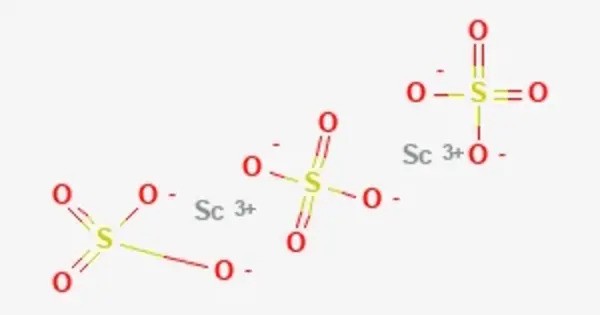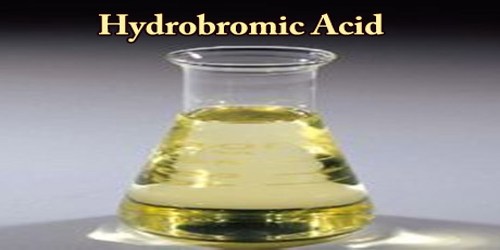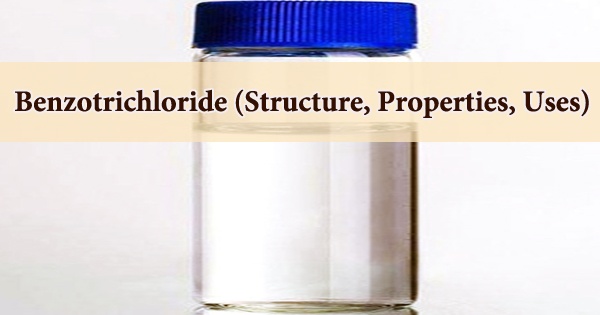Scandium sulfate is the scandium salt of sulfuric acid and has the formula Sc2(SO4)3. It’s a white, crystalline solid that is typically encountered in its anhydrous or hydrated forms. It is primarily used in the preparation of scandium compounds, and in small quantities, it may be used in various industrial and research applications, including in the production of scandium metal.
Properties
Scandium sulfate is soluble in water, though the solubility decreases with decreasing temperature. The anhydrous form tends to form a rhombohedral crystal structure. Hydrated forms can be found with varying numbers of water molecules (e.g., Sc₂(SO₄)₃·xH₂O). It is stable under normal conditions but can decompose at very high temperatures, releasing sulfur oxides.
- Chemical formula: Sc2(SO4)3
- Molar mass: 378.09 g mol−1
- Appearance: white hygroscopic crystals or powder
- Solubility in water: soluble
Natural Occurrence
- Scandium does not occur in nature in a free state but is found in trace amounts in various minerals such as thortveitite (Sc₂Si₂O₇), garnet, and bastnäsite.
- Scandium sulfate can be obtained through the processing of minerals containing scandium. For example, it is extracted as part of the refining of bastnäsite or monazite ores.
Production
The compound is typically produced by treating scandium ores with sulfuric acid. This process extracts scandium as a sulfate, which can then be converted into other forms, such as scandium oxide or scandium metal.
A common industrial process for obtaining scandium sulfate involves the digestion of ore concentrates with sulfuric acid at high temperatures, followed by the precipitation or crystallization of scandium sulfate from the solution.
Applications
- Materials Science: Scandium sulfate is used as a precursor for scandium-containing materials, which are used in alloys, particularly in aluminum-scandium alloys. These alloys are valuable in aerospace and high-performance applications due to their enhanced strength-to-weight ratio.
- Catalysts: Due to its unique chemical properties, scandium compounds, including scandium sulfate, are being explored for use in catalytic processes.
Research: Scandium sulfate is also important for scientific research, especially in the synthesis of new materials and chemical reactions involving scandium ions.
















